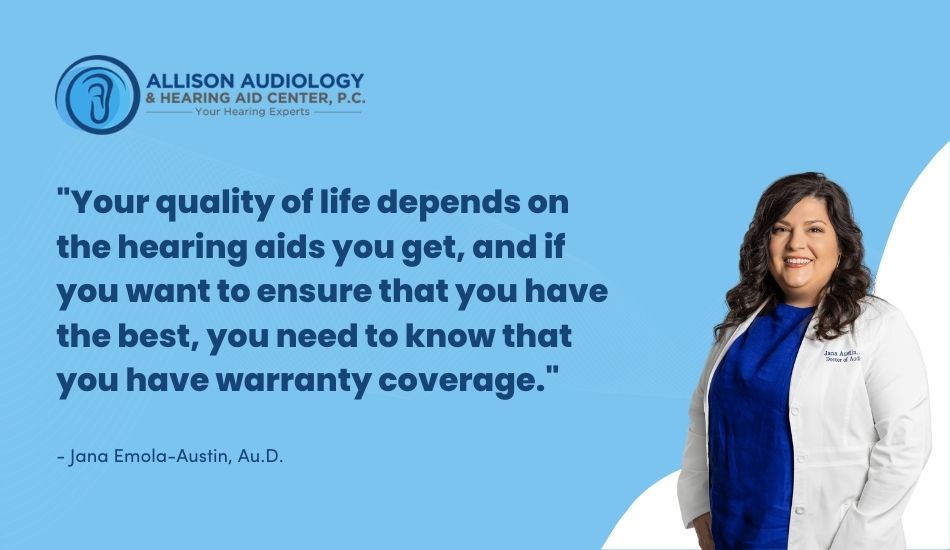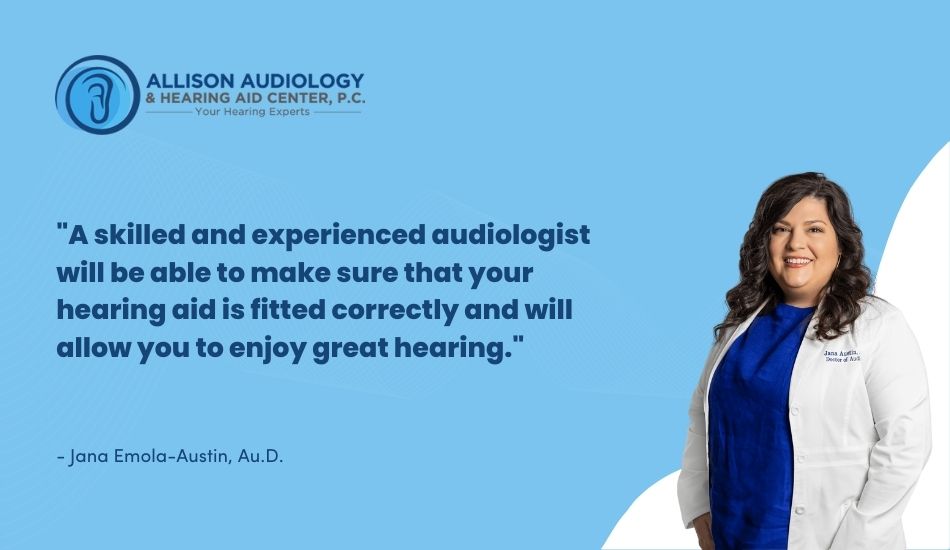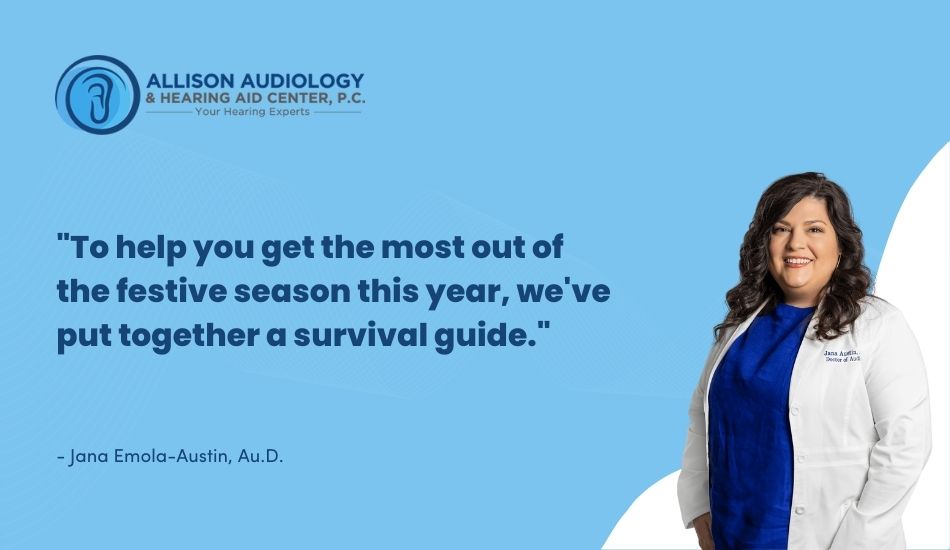If there is one investment that you should always make in life, it’s in your health. Your hearing is as much a part of your health as anything else, and hearing aids are one investment that you want to make when you need it. Your quality of life depends on the hearing aids you get, and if you want to ensure that you have the best, you need to know that you have warranty coverage. This coverage prevents you from paying out of pocket for any repairs or defects that may occur.
Hearing aids are exceptionally delicate, and they should be maintained daily and stored properly to avoid physical damages. They have to be handled with care at all times, even if you don’t have a warranty for it! Most warranties often come with a one-time replacement if you lose or damage them beyond repair, but it’s something that you need to check with your audiologist to determine if it’s included.
Peace of mind
When you have your first appointment with an audiologist, you will be told how to look after your hearing aids. You’ll be shown how to clean them carefully, use them and put them away so that they don’t get damaged. This includes in the shower, when bathing and during contact sports. Even with these instructions, accidents happen, and new hearing aids can still be broken.
The good news is that you get peace of mind when you have a warranty with your hearing aids. Your audiologist should talk you through the fact that the warranty will cover you for at least a year of comprehensive loss and damage coverage – and this should come directly from the manufacturer.
Many audiologists will also provide a two or three-year manufacturer warranty within your new hearing aids’ price. If you choose to buy high-end digital hearing aids, you will find that many audiologists will include a lengthy warranty in the initial cost. Hearing aids vary in price, and the coverage on offer will vary depending on the audiologist you see.
You have to make sure that you ask whether the warranty is included in the price of your hearing aids when they are fitted. You need to know how long you will be covered for, and you’ll need to see if you are covered for replacements and repairs.
What to do when your warranty expires
A hearing aid may be an excellent assist to get your hearing back on track, but it’s not infallible, and it doesn’t last forever. Even the most sophisticated hearing aids will last up to seven years, and that’s the maximum even with the best maintenance and care.
Manufacturers often don’t cover hearing aids after three years, so you need to explore options in advance of this timeframe. Your warranty will expire and learning the options available for beyond the three years is essential.
The good news is that there are options. Here are some of the steps you should take before you hit your hearing aid warranty expiry date:
See your audiologist for a check-up with your hearing aids: They can help you check them over for any damage or wear, and they can help you give them a good clean. This will ensure that any issues with maintenance and performance are caught early enough. They may need to be fixed before the warranty expiry date arrives.
Next, you can look at your extended coverage options: You can often get extended warranty coverage from a third-party provider, especially if your audiologist doesn’t offer their own comprehensive warranty program. Almost all policies for extended warranty will need your audiologist to confirm your hearing aids’ working order.
Another option is coverage for loss and accidental damage, and repairs due to failures in the mechanics: It’s commonly thought that homeowner’s insurance policies won’t cover hearing aids, and it’s correct: You should check whether yours will before you assume that it does. Most insurers will offer an additional caveat to a home insurance policy to include hearing aids, which will be for an additional cost.
It’s commonly thought that homeowner’s insurance policies won’t cover hearing aids, and it’s correct: You should check whether yours will before you assume that it does. Most insurers will offer an additional caveat to a home insurance policy to include hearing aids, which will be for an additional cost.
You should talk about your options for hearing aid warranty coverage with your audiologist if you are concerned about being covered: Of course, with the right care, you should be able to enjoy your hearing aid for many years without worrying.
Contact Us Today
If you need to discuss your extended warranty options for hearing aids, learn more about Allison Audiology & Hearing Aid Center, P.C. you can contact us at Houston 713-827-1767.





